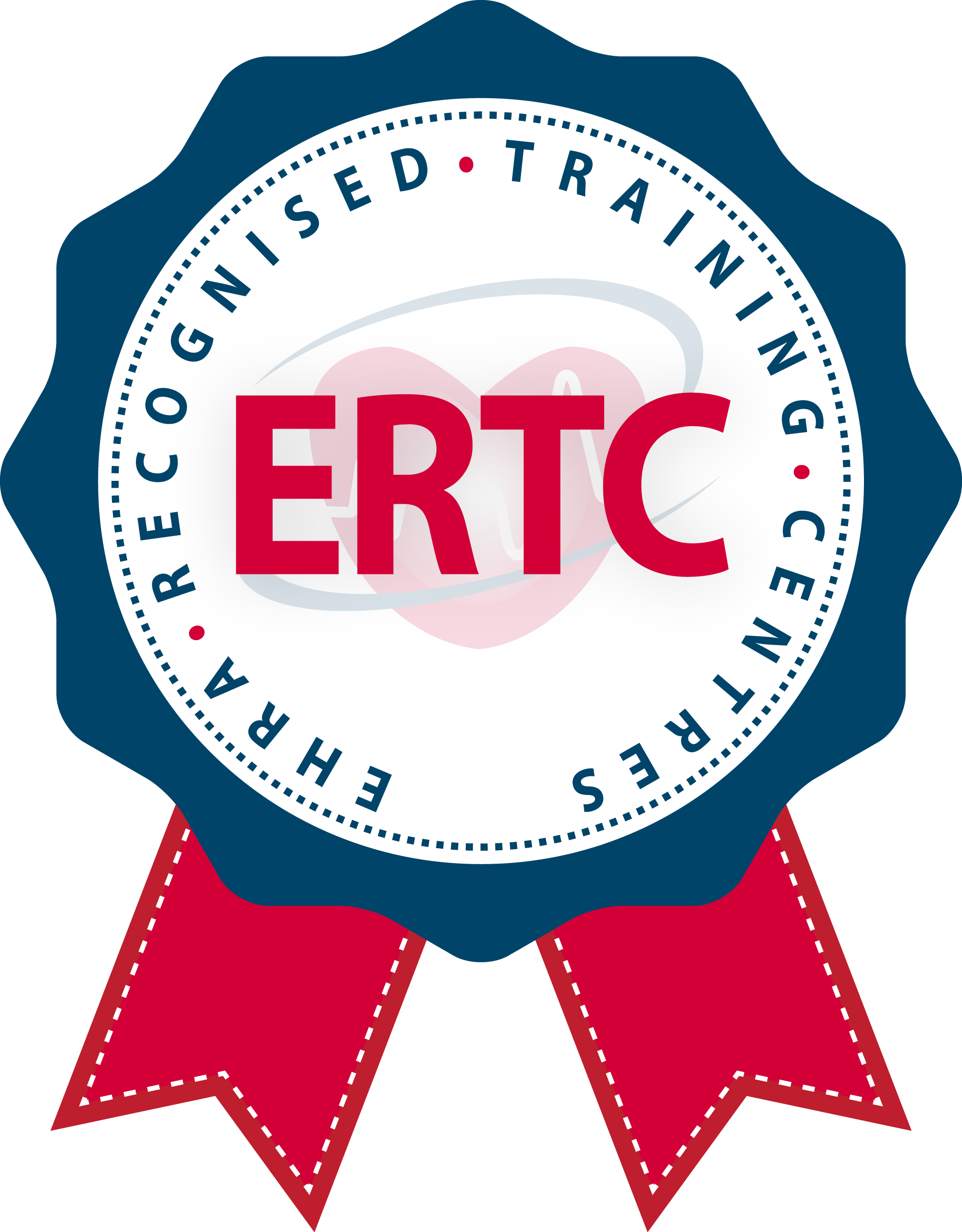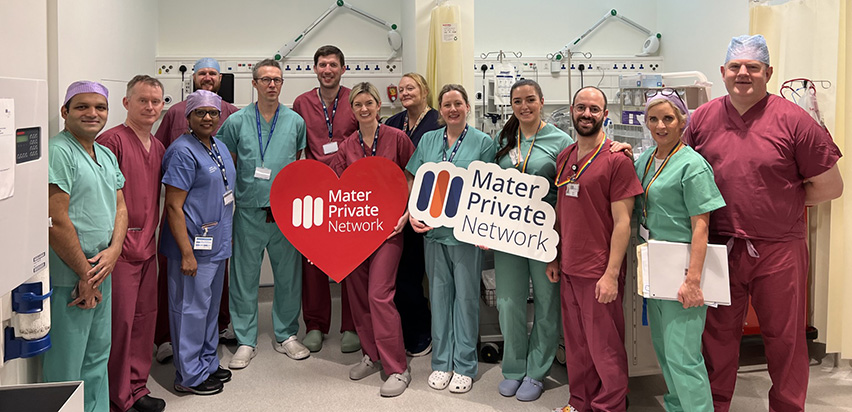Electrophysiology Study / Ablation
Contact Us
Please note a referral letter is required before an appointment can be confirmed.
Please note a referral letter is required before an appointment can be confirmed.
Useful Information
About this service
An electrophysiology study (EP study) is an invasive test to evaluate the electrical functioning of your heart.
At Mater Private Network's Dublin hospital we treat more electrophysiology and arrhythmia patients than any other centre in Ireland. Patients are cared for in a dedicated electrophysiology treatment suite equipped for state-of-the-art diagnostic, ablation and device implantation procedures - available 24 hours a day.
The procedure involves wires (catheter electrodes) which are passed through a vein in your groin and are carefully placed at specific positions within your heart to record the electrical activity. You will be sedated for this procedure to make you more comfortable.
This test shows how your heart reacts to extra electrical signals delivered to different areas of your heart. It gives your consultant detailed information about the cause of your heart arrhythmia and helps identify the most appropriate treatment for you.
Once an abnormal pathway is identified, the doctor will block this pathway by using energy delivered through the wires to create scar tissue.
The creation of scar tissue to block this abnormal pathway is called ablation.
The procedure
An EP study is a catheter technique where flexible wires (catheter electrodes) are passed through a vein in your groin (usually right side) and carefully placed at specific positions with your heart to record the electrical activity.
An EP study records how your heart reacts to extra electrical signals (paced beats) delivered within the different areas of the heart. During the study, you might also receive intravenous medication to further stimulate the heart to be able to trigger your abnormal heart rhythm. During the test you may be aware of your heart rate speeding up, slowing down and missing a beat. This allows your consultant to collect detailed information about the cause of your arrhythmia and choose the most appropriate treatment for you.
During an EP study only a light sedation is applied to make the procedure more comfortable, as too deep sedation might spoil the results. If your consultant decides to perform an ablation at the same stage after discussing this with you, a deeper sedation or general anaesthesia will be given to prevent any discomfort during the procedure.
An EP study may be followed by a procedure called catheter ablation to treat the cause of the abnormal rhythm. Catheter ablation might happen at a different procedure later, if the source and complexity of the arrhythmia requires extra preparation before proceeding with ablation. Alternatively, the information gathered during an EP study will allow your consultant to determine which anti-arrhythmic drug is the most appropriate to treat your specific condition.
The EP study procedure typically takes less than one hour to perform. If the procedure proceeds to catheter ablation, the whole procedure usually takes two to three hours depending on the complexity of your arrhythmia.
The results of your EP study may show that you have an area within the heart capable of generating/conducting abnormal electrical beats. In such cases it is possible to permanently interrupt this abnormal rhythm and to provide a potentially permanent cure for your arrhythmia. This procedure is known as a catheter ablation. It is achieved by delivering energy through a catheter positioned in the area of the abnormal signal to cauterise the cardiac tissue there. Depending on your specific arrhythmia, your consultant might need to enter the left side of your heart either by puncturing your artery or the septum of the upper chambers of the heart. Your consultant will use the ablation catheter to deliver a small amount of energy (hot or cold) onto the area of extra electrical activity to create a scar.
In many cases it is possible to proceed to the ablation procedure immediately following the EP study. The doctor will discuss the results of the EP study with you and the possibility of proceeding if appropriate. Patients undergoing ablation stay in hospital overnight after the procedure during which time your heart rhythm will be monitored.
Clinical trials & research
The electrophysiology group at Mater Private Network Dublin runs a full-time, dedicated centre of excellence providing access to advanced therapies and multidisciplinary care for the treatment of abnormal heart rhythms.
The electrophysiology group is committed to research and as such, enables patients to benefit from access to, and voluntary participation, in, clinical trials where appropriate. The research work is connected to the Cardiovascular Research Institute Dublin of the Royal College of Surgeons in Ireland. You doctor will discuss with you any relevant trials or programmes with you, for your consideration

Our Electrophysiology (EP) lab is the first in Ireland to become a recognised training centre by the European Heart Rhythm Association. Our EP lab has been awarded the ERTC quality label that verifies the use of advanced and uniform teaching techniques, as well as the highest standards in education and career development in Europe. This accreditation involves a rigorous application process to ensure our centre provides excellent training for our cardiologists, so they can deliver the best possible care to all our patients. Mater Private Network in Dublin is the largest electrophysiology centre in Ireland, providing countrywide care with 800-900 ablations performed annually. With seven Electrophysiology consultants, we treat a wide spectrum of patients including those with SVTs, atrial fibrillation, ventricular arrhythmias and also arrhythmias in congenital heart disease. Our EP lab has access to the most up-to-date technologies and serves as a Centre of Excellence for key industry partners.











